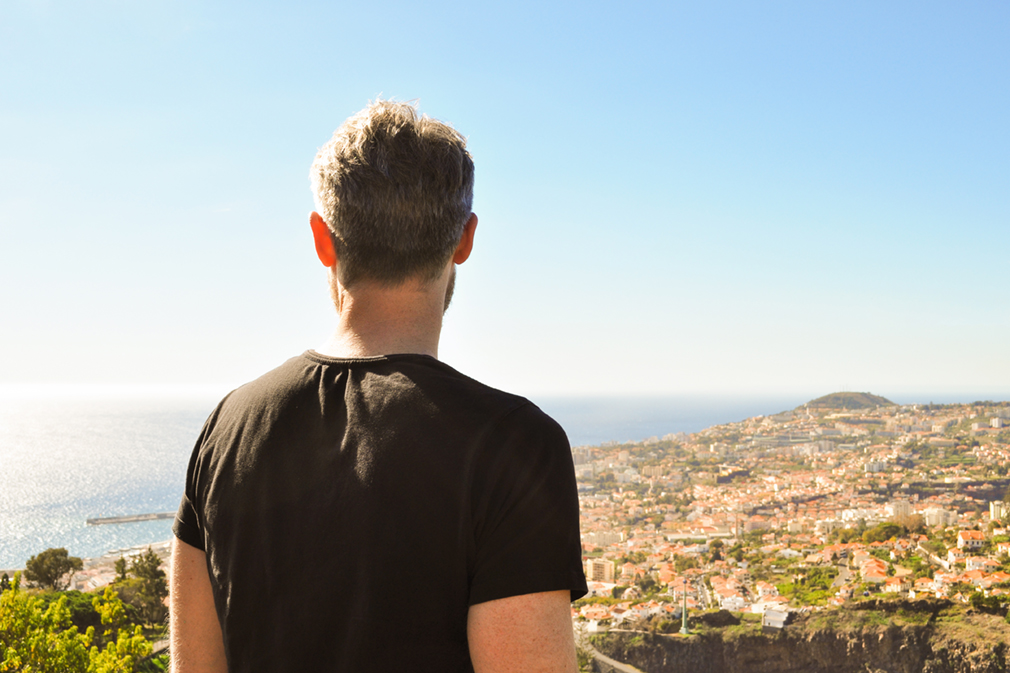For seekers of eternal sunshine or for those looking to escape the wrath of winter, the islands of Madeira are a balmy sanctuary, far from the grasp of the blistering cold.
We may never know who was the first to set foot on Madeira. Knowledge of winterless paradisaical islands off the coast of Africa already existed in classical antiquity. During the time of the Greek poet Hesiod, it was said that those who were chosen by the gods spent the afterlife on the “Fortunate Isles” in the Western Ocean, at the end of the earth.

In 1419, Madeira was rediscovered when the ships of a Portuguese expedition trying to map the coast of West Africa were blown off-course. The seafarers, led by João Gonçalves Zarco and Tristão Vaz Texeira, safely made landfall on the island of Porto Santo, where they found an uninhabited idyll of forest and fauna. The following year, they returned to claim the archipelago for the Kingdom of Portugal.

The second half of the 15th century saw the transformation of Madeira under the first permanent settlers, who cultivated the land and constructed levadas—small open-air canals that traversed the terrain and brought rainwater down from the mountains to the fields. By the turn of the century, Madeira had emerged from obscurity to become Europe’s leader in sugarcane production, and “white gold” from the islands sweetened palettes from Genoa to Antwerp. The sugar boom was financed in part by Flemish merchants, and remnants of their influence can still be found, such as in the Church of Saint Benedict in Ribeira Brava.

Today, mentions of Madeira are often inextricably tied to Cristiano Ronaldo, whose career began on a modest playing field up in the hills of Santo António. But this cluster of islands is abundant in scenery and culture. The drive to Funchal teases glimpses of misty peaks, cerulean surf, and neat green terraces of swaying banana trees. In the capital, rosily painted restaurants await with the fresh and faraway flavors of grilled limpets, bolo do caco, and sweet Madeira wine.

Further west, by the conch-shaped harbor of Câmara de Lobos, locals and visitors alike chatter the afternoon away over glasses of poncha—a traditional punch made from sugarcane rum, lemon juice, and honey. And nearby, the fishing boats sprawl with their overturned hulls, like a lazy colony of sea lions waiting out the dregs of the coldest season. A moment on Madeira is fleeting and lasting…
